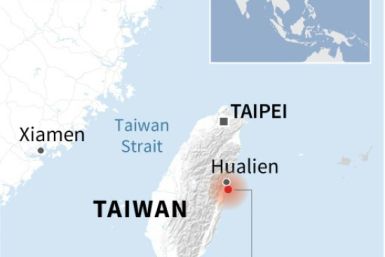One-stop-shop for financial complaints ensures Australians get fair deal in resolving disputes

Legislation to establish the Australian Financial Complaints Authority (AFCA) has passed through parliament. It is a win for both small businesses and consumers due to a more open access to “free, fast and binding dispute resolution.”
Kelly O'Dwyer, the minister for revenue and financial services, has confirmed that more consumers and small businesses are set to enjoy access to fast and free dispute resolution after the passage of the Treasury Laws Amendment (Putting Consumers First – Establishment of the Australian Financial Complaints Authority) Bill.
"AFCA will provide a one-stop shop to ensure consumers get a fair deal in resolving disputes with banks, insurers, super funds and small amount credit providers, without the expense, inconvenience, and trauma associated with going to court," O'Dwyer said in a statement.
The Turnbull government has also moved to increase access to redress. It seeks to widen the range of disputes that AFCA can hear, in line with the AFCA Transition Team’s recommendations.
Among those included was the relaxation of the definition of small businesses. This means any business with less than 100 staff can access AFCA. Small business primary production producers, as defined in accordance with the Income Tax Assessment Act 1997, can access compensation of up to $2 million for disputes regarding credit facilities of up to $5 million.
An increased cap on income stream insurance product disputes is also included. It will be an increase to $13,400 each month from $8,300. Meanwhile, the cap on uninsured third-party motor vehicle claims will jump from $5,000 to $15,000.
"I am pleased to say that small businesses and primary producers will overwhelmingly benefit from the new AFCA scheme, with significant increases in the compensation available and a more flexible definition of a small business," Minister for small and family business Craig Laundy said in a joint media release. He explained that the Turnbull government has improved access to AFCA by the redefinition of a small business. The government also did so by lifting the compensation accessible to small businesses that are primary producers to $2 million.
The AFCA will begin receiving disputes starting no later than November 1, 2018. The government has come up with the decision based on Edey’s advice.
The government also seeks a proposal for a not-for-profit company to operate the AFCA scheme to be lodged with Treasury by March 15 to ensure that transition is smooth. Additional details on the authorisation process can be obtained from the AFCA Transition Team.






